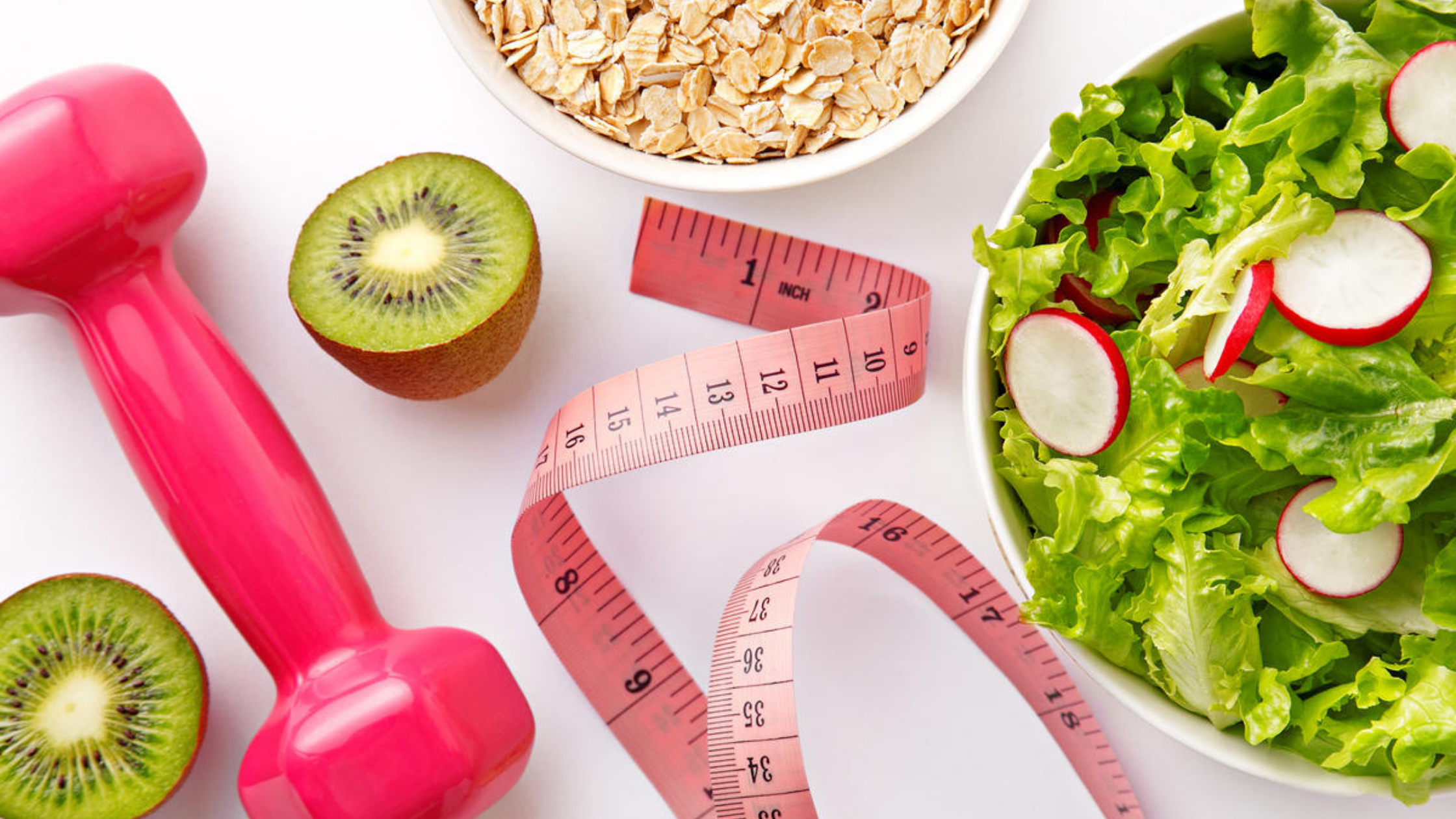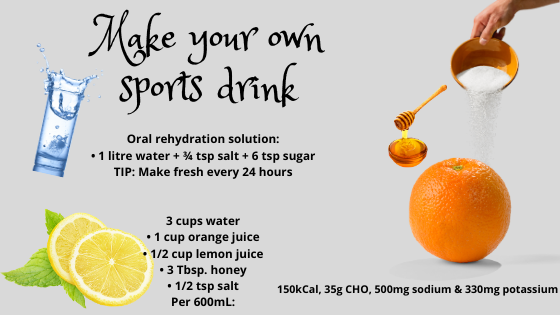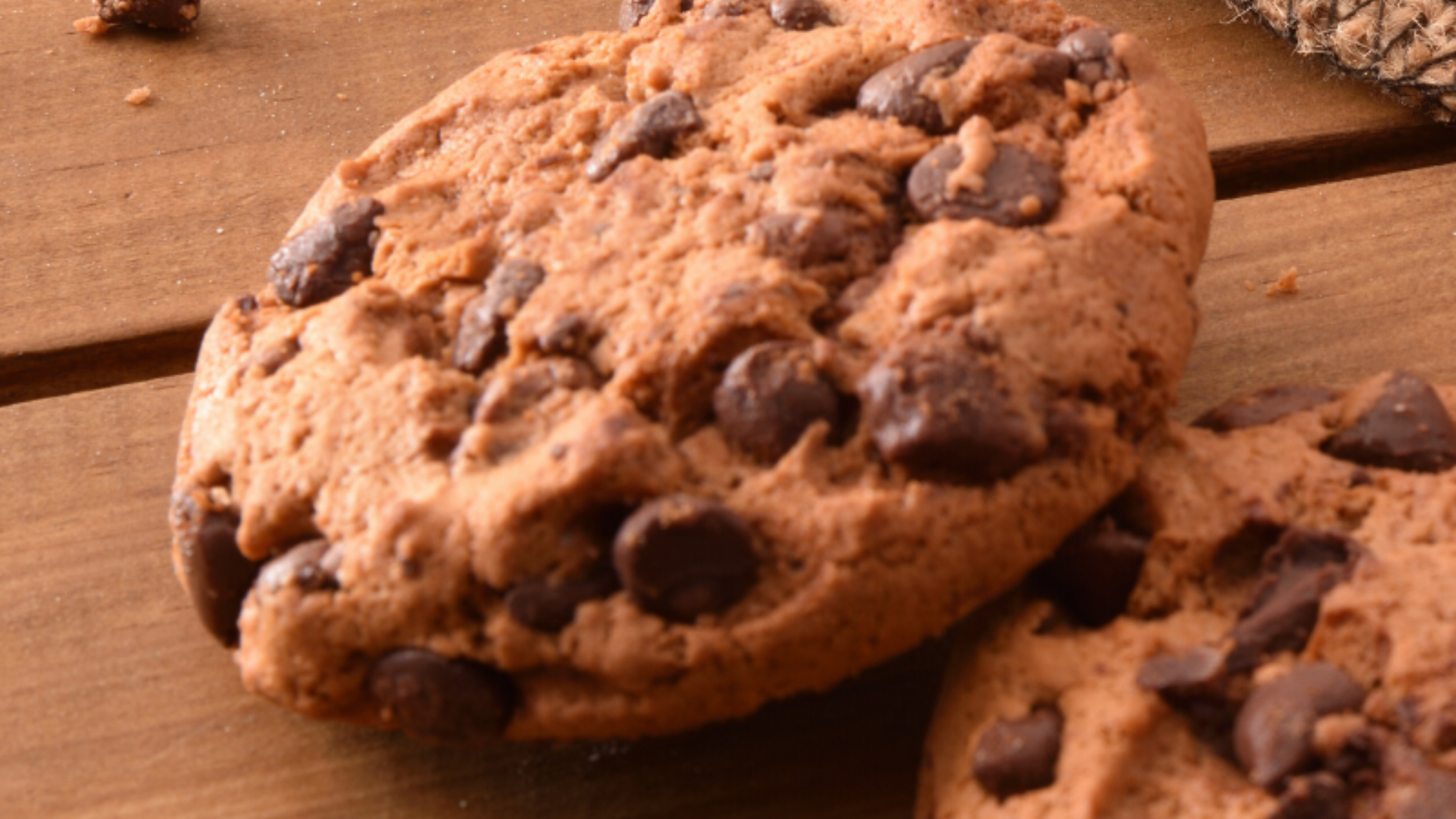Let’s take a look at the benefits of eating adequate amounts of carbohydrates starting with insulin’s role in supporting muscle growth.
You see, insulin doesn’t directly induce protein synthesis like amino acids do, but it does have anti-catabolic properties.
What that means is when insulin levels are elevated, the rate at which muscle proteins are broken down decreases. This, in turn, creates a more anabolic environment in which muscles can grow larger more quickly. That sounds good in theory, right? But does it pan out in clinical research? Yup.
Several studies conclusively show that high- carbohydrate diets are superior to low- carbohydrate varieties for building muscle and strength. For example, researchers at Ball State University found that low muscle glycogen levels ( which are inevitable with low- carbohydrate dieting ) impair post-workout cell signaling related to muscle growth.
A study conducted by the researchers at the University of North Carolina found that, when combined with daily exercise, a low carbohydrate diet increased resting cortisol levels and decreased testosterone levels ( Cortisol, by the way, is a hormone that breaks tissues, including muscle, down. In terms of maximizing muscle growth, you want low resting cortisol levels and high free testosterone levels.)
These studies help explain the findings of a study conducted by researchers at the University of Rhode Island that looked at how low and high carbohydrate intake affected exercise-induced muscle damage, strength recovery, and whole-body protein metabolism after a strenuous workout.
The results showed the subjects on the low-carbohydrate diet ( which wasn’t all that low – about 226g per day vs 353g per day for the high carbohydrate group) lost more strength, recovered more slowly, and showed lower levels of protein synthesis.
Similar results were demonstrated by a study conducted by researchers at McMaster University, which compared high and low-carbohydrate dieting with subjects performing daily leg workouts. They found that those on a low-carbohydrate diet experienced higher rates of protein breakdown and lower rates of protein synthesis, resulting in less overall muscle growth than the higher carbohydrate counterparts.
So, for all these reasons Paulofitness programs don’t involve any form of low-carb dieting. Instead, you’ll eat quite a few grams of delicious carbs per day, and that’s going to help you get big, lean, and strong.




Wow, this paragraph is nice, my sister is analyzing these things, thus I am going to let know her. Francisca Bail Starkey
I think this is one of the most vital information for me. And i am glad reading your article. But should remark on few general things, The site style is great, the articles is really nice : D. Good job, cheers
I appreciate your work, thankyou for all the informative content.